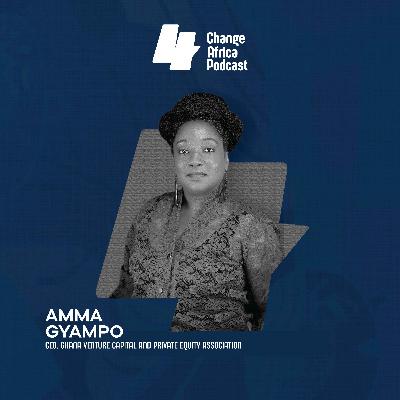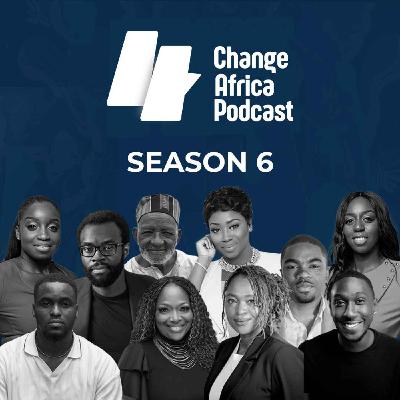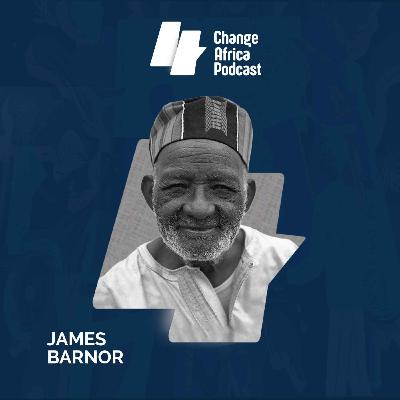In our premiering episode of Season 5, Mr Eazi (Oluwatosin Oluwole Ajibade), Latin Grammy award-winning musician, tech venture capitalist, entrepreneur, music innovator, and philanthropist, takes centre stage. The conversation begins with Mr. Eazi's philanthropic efforts in supporting universities in Ghana. He emphasises the profound impact of education on national consciousness and its ability to uplift individuals, families, and communities. He shares that his initiative has supported around 340 students, covering their tuition fees. Isaac then delves into Mr. Eazi's journey into the music industry. While he always had an inclination towards music, it was his entrepreneurial ventures that inadvertently led him to the music industry. From organising university parties and gold trading in Ghana to co-founding a tech company, we explore how his business mindset has shaped his music.Throughout the conversation, a recurring theme is Mr. Eazi's desire for freedom, both creative and economic. He emphasises the importance of ownership, especially in the music industry. He likens artists to startups - entities with intellectual property that require investment to scale. His desire for a different kind of deal with labels, which recognised the artist's value as a startup, led him to establish his path in the music industry and his talent incubator, Empawa Africa.Eazi explains his vision for Chop Life, the brand that comprises his investments in African entertainment, gaming, culture, and lifestyle. He emphasises the interconnectedness of his ventures and how they complement each other towards his version of a Disney-like empire.The conversation then shifts to Eazi's recent music and his inspiration from art. Eazi shares how art has rekindled his passion for music and how he's using it as a medium to express his thoughts and music. He also delves into the meaning behind his album title "Evil Genius," explaining it as a reflection of his journey of self-discovery and acceptance.Throughout the podcast, Eazi is a visionary artist and entrepreneur, constantly seeking to push boundaries and redefine norms in the African music and entertainment industry.Key HighlightsIntroduction 01:02 - 01:37)Philanthropy in Education (01:49 - 04:12)Interrogating Mr. Eazi’s Legacy and Creativity (04:12 - 06:14)Journey into Music (06:14 - 09:30)Venturing into Tech (09:30 - 14:43)Carving A Distinct Musical Identity (15:25 - 17:39)The Importance of Ownership and Vision (17:39 - 18:30)Chop Life's Expanding Universe (29:50 - 30:30)The "Evil Genius" Album (38:58 - 40:05)The Philosophy Behind His Music (42:17 - 43:50)Breaking Free from External Validation (43:50 - 45:00)This podcast is produced by Nexa MediaDo you have a question for our hosts, email us at hello@changeafricapodcast.comFollow the podcast on Twitter, Facebook, Instagram, and LinkedInWatch on YouTube Hosted on Acast. See acast.com/privacy for more information.















